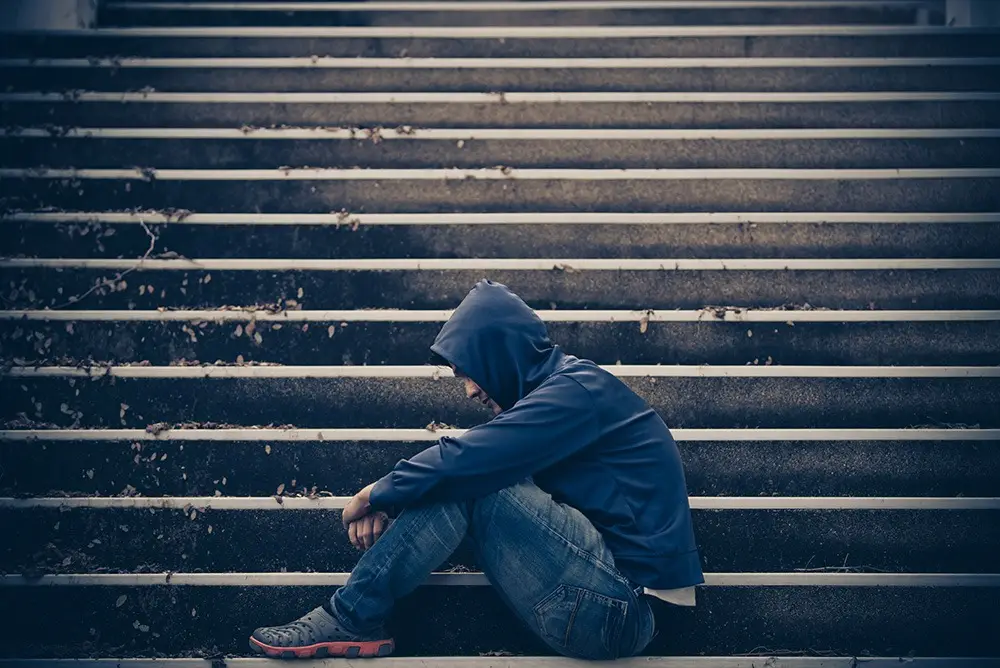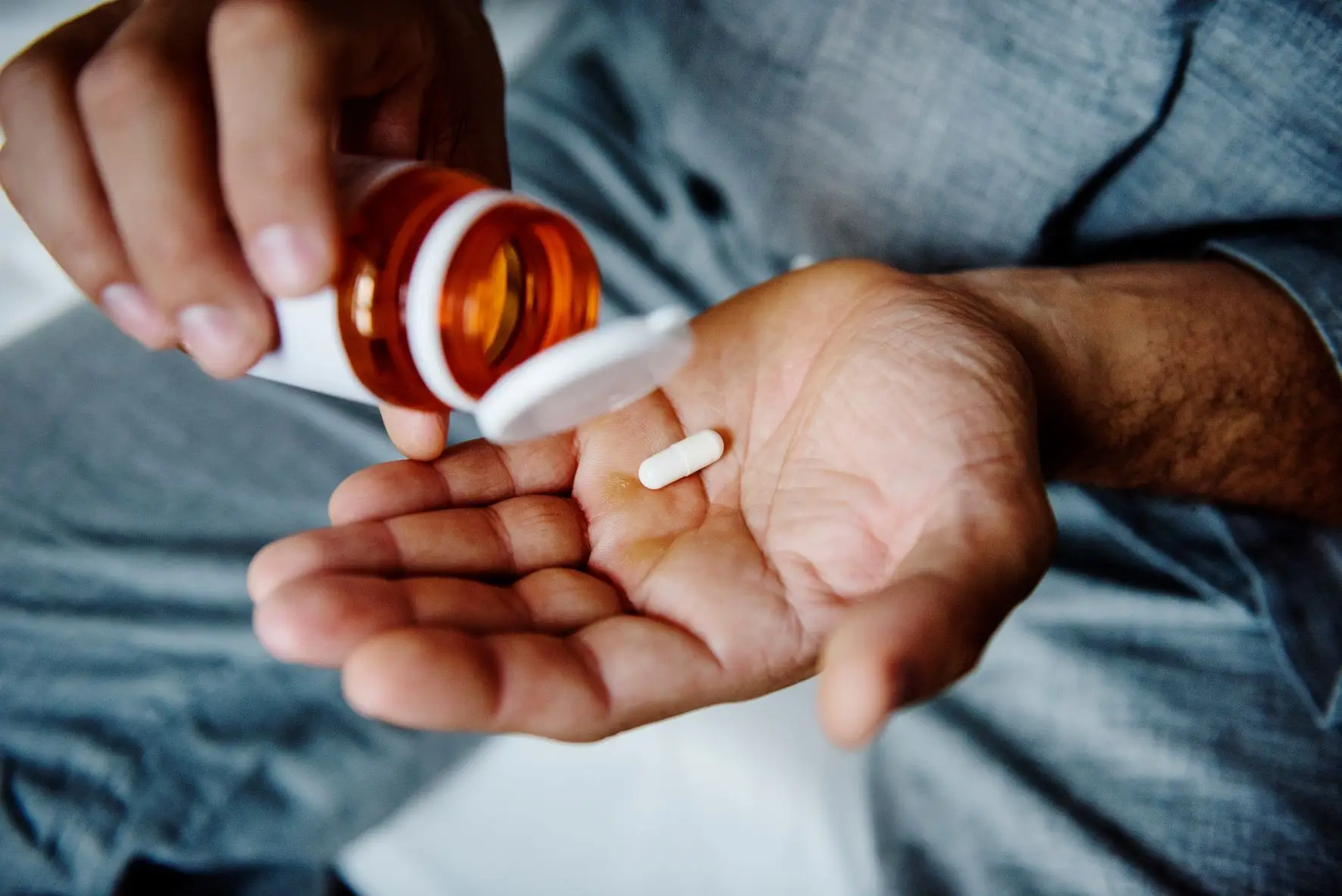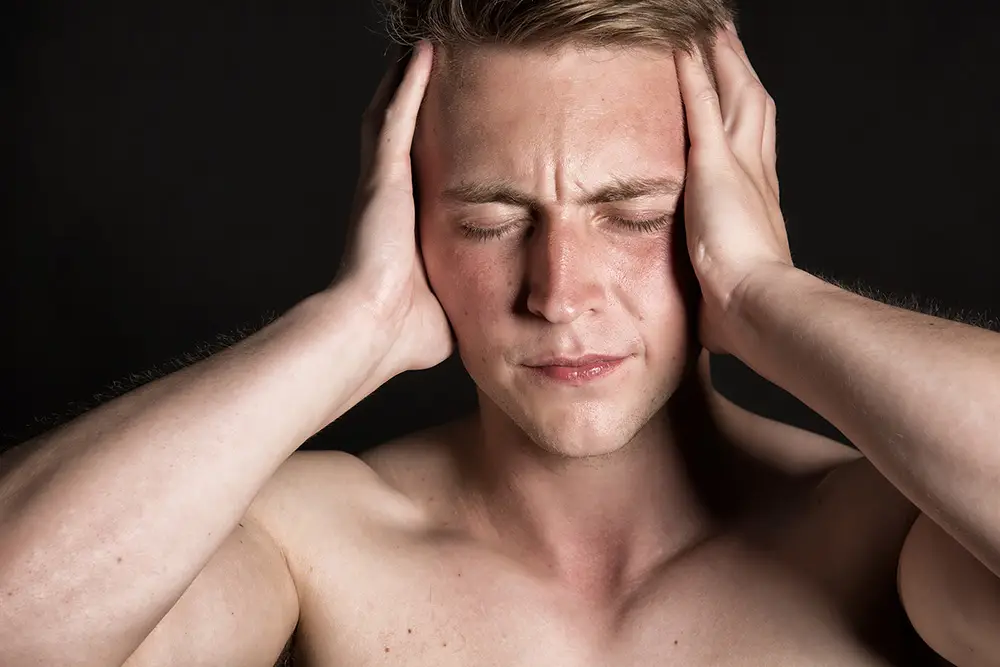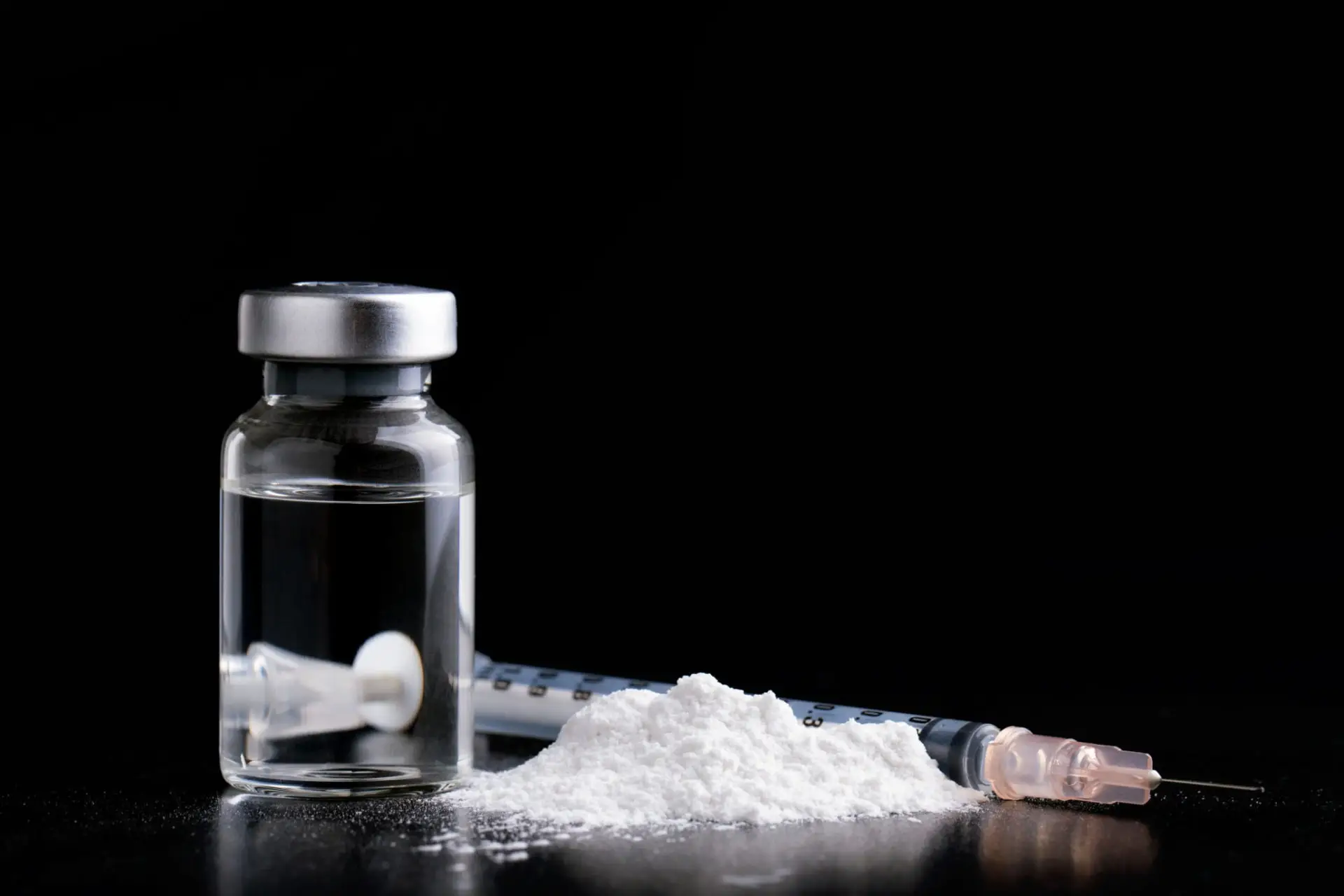At Magnolia City Detox, we believe recovery doesn’t end when treatment ends—it continues within a strong network of peer support, community connections, and compassionate care. Below you’ll find trusted local and online resources for you, your family, or loved ones. Many are free, accessible, and designed to help you stay connected and supported on your journey.
Greater Houston and State of Texas Substance Abuse Statistics
Drug abuse statistics help illustrate how widespread substance use is in the Greater Houston area and across Texas.
Data from multiple reporting agencies highlight the scope of the issue:
-
Approximately 490,000 people aged 12 and older in the Houston–Sugar Land–Baytown area report using drugs each year (SAMHSA).
-
Methamphetamine is the top drug threat in Texas, followed by heroin and cocaine (DEA).
-
Alprazolam (Xanax) is the most commonly abused benzodiazepine in Texas and is often part of the dangerous combination called the “Houston Cocktail” or “Holy Trinity” (alprazolam, carisoprodol, and hydrocodone) (Steve Hicks School of Social Work, UT Austin).
-
In 2018, 12% of heroin-related deaths in Texas involved heroin mixed with fentanyl.
-
Up to 18% of admissions to Texas addiction treatment programs are for methamphetamine use.
-
In 2020, Texas law enforcement seized:
-
15,515 pounds of methamphetamine
-
1,565 pounds of heroin
-
4,747 pounds of cocaine
-
-
Drug overdose deaths in Texas increased from 9.5 per 100,000 residents in 2015 to 14.3 per 100,000 in 2020 (Kaiser Family Foundation).
-
Between 2018–2019, SAMHSA reported:
-
1.4% of adolescents and 4.9% of adults had an alcohol use disorder
-
2.5% of adolescents and 2.2% of adults had an illicit drug use disorder
-
These statistics highlight the serious impact of substance use across Texas and emphasize the ongoing need for prevention, treatment, and recovery support.
Resources

Alcohol Withdrawal: What to Expect
If you’ve been drinking alcohol heavily for years, months, or even weeks, you might experience both mental and physical problems when you stop or just cut down your use.

Fentanyl Withdrawal: What to Expect
The fentanyl withdrawal timeline varies by dosage, dependency, and individual. However, a general time frame will give you an idea of what you’re up against on the road to recovery.

Percocet Withdrawal: What to Expect
While the modern world owes a great deal to the invention of acetaminophen and other painkillers, mainly for allowing people to continue with their daily lives even…

Methadone Withdrawal: What to Expect
Often, it is said that the first step in recovery is accepting that you have an addiction and making the choice to receive treatment.

Tramadol Withdrawal: What to Expect
Tramadol is a prescription medication used to treat moderate to severe pain. It is a synthetic opioid that works by binding to the mu-opioid receptor in the brain, which helps to decrease pain signals.

Adderall Withdrawal: What You Should Expect
Adderall is the brand name of a combination drug made up of four salts of amphetamine. This drug is a potent stimulant and has effects very similar to meth, another stimulant that is highly addictive.

OxyContin Withdrawal : What to Expect
OxyContin is a very powerful opioid painkiller. While it does have many beneficial medical uses it can also be incredibly dangerous due to its potency.

Vicodin Withdrawal: What to Expect
When it comes to drug and alcohol withdrawal, especially Vicodin withdrawal, the effects will vary from person to person.

Oxycodone Withdrawal: What to Expect
If you suddenly stop using oxycodone after using it for some time, you may experience withdrawal symptoms. This is true whether you have been taking…

Codeine Withdrawal: What to Expect
Many Americans suffer from heavy dependence on one form of painkiller or another.

Ketamine Withdrawal: What to Expect
A surprising fact is that more people are familiar with the ketamine withdrawal symptoms than actual knowledge about the substance itself.

Drug Detoxing While Pregnant
Many women are affected by drug addiction. Unfortunately many become pregnant while in the depth of their illness.

What to Expect From an Inpatient Detox Program
Inpatient detox programs are the safest and most effective way to cleanse your body of harmful addictions.

Detox Medicine for Alcohol
The overall detox process can be uncomfortable and, in some cases, even dangerous.

Alcohol Shakes: Are Tremors a Sign of Dependence?
Alcohol shakes are not incredibly uncommon.

Coping Skills for Addiction
Have you been struggling with addiction? Maybe you’ve tried to quit before but kept relapsing.

Alcohol Evaluation & Questions About Alcoholism
According to the 2019 National Survey on Drug Use and Health (NSDUH), 85.6% of people ages 18 and older reported drinking alcohol at some point in their lifetime.
Peer Support & 12-Step Meetings
Alcoholics Anonymous – Houston Intergroup
Houston’s official AA Intergroup provides information, events, and access to thousands of meetings each week—both in-person and online.
Website: https://aahouston.org/meetings
Online Meetings: https://aahouston.org/locations/online-3/
Texas Al-Anon / Alateen
Al-Anon offers support for family members and friends affected by someone’s drinking. Meetings are offered throughout the Houston area and online.
Website: https://texas-al-anon.org
Local Intergroup: https://houstonalanon.org
Address: 9800 Northwest Freeway, Suite 201, Houston, TX 77092
Phone: 713-683-7227
LGBTQ+ and Specialty Recovery
Lambda Center Houston – A full-service LGBTQ+ Twelve-Step Recovery Clubhouse providing peer support and daily AA/12-Step meetings.
Website: https://lambdahouston.org
Council on Recovery Houston – Directory for specialized 12-Step meetings (ACoA, ACA, NA, etc.).
Website: https://www.councilonrecovery.org/twelve-step-meetings/
Community & Online Recovery Resources
Al-Anon Literature & Resources: https://al-anon.org/for-members/members-resources/literature/downloadable-items/
Sober.com Meeting Directory: https://sober.com/aa-meetings/texas/houston/
The Council on Recovery Houston: https://www.councilonrecovery.org
Local Houston Recovery Clubs & Meeting Hubs
Spring Branch Memorial Club
A welcoming clubhouse offering a variety of daily Alcoholics Anonymous meetings for all experience levels.
Address: 1200 Blalock Rd #378, Houston, TX 77055
Phone: 713-468-9103
Website: https://springbranchmemorialclub.com
AA Directory Page: https://aahouston.org/locations/spring-branch-memorial-club/
The Post Oak Club
A long-standing Houston recovery clubhouse hosting over 40 meetings weekly, serving a wide range of AA and other recovery groups.
Address: 14340 Sylvanfield Drive, Houston, TX 77014
Phone: 281-444-2227
Website: https://postoakclub.com
AA Directory Page: https://aahouston.org/locations/post-oak-club/
How to Use These Resources
- Find a meeting that fits your schedule. Morning, evening, and online options are available daily.
- Bring an open mind. All you need is a desire to stop drinking (AA) or to recover from someone else’s drinking (Al-Anon).
- Try different meeting formats. Speaker, Big Book, discussion, men’s/women’s, LGBTQ+, and virtual groups all offer unique experiences.
- Stay consistent. Connection builds strength; make it a habit to attend regularly.
• Families welcome. Al-Anon and Alateen provide healing and education for loved ones.
The Benefits of Medical Detox for Substance Abuse
Struggling with addiction can feel overwhelming, but detoxification is a crucial first step toward recovery. Medical detox, or medically supervised detox, helps individuals safely and effectively withdraw from drugs or alcohol while minimizing the risks of withdrawal symptoms.
The main goal of this process is to end physical dependence on substances. At Magnolia City Detox, we also focus on the emotional and psychological effects of addiction through a variety of supportive therapies, including:
-
Individual therapy
-
Group therapy
-
Holistic services
-
Recreational activities
-
Nutritional support
Addiction often extends beyond physical dependence, affecting mental health and relationships. Our comprehensive approach ensures that once substance use stops, patients can begin the journey of healing their mind, body, and connections with others.


















